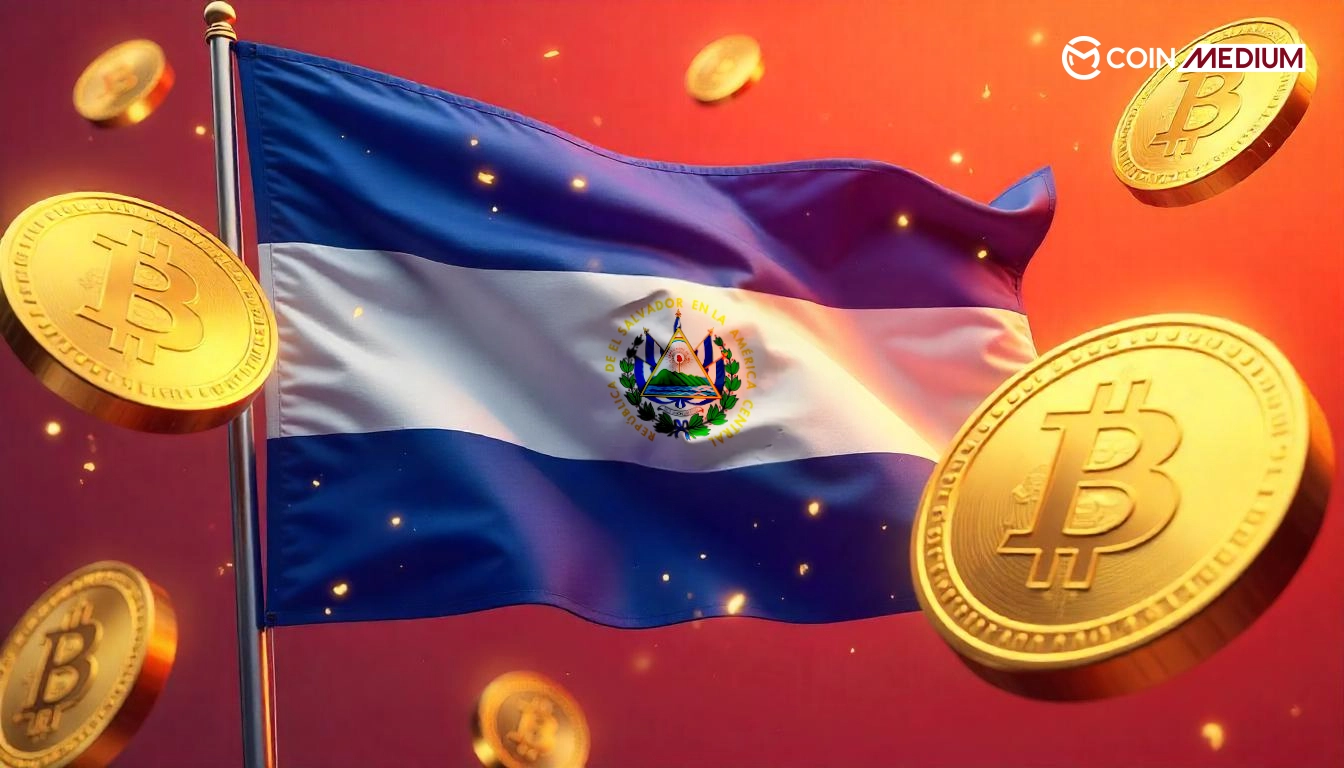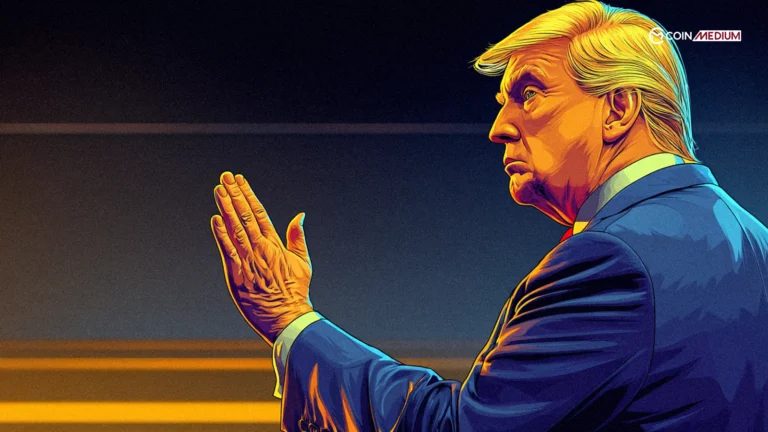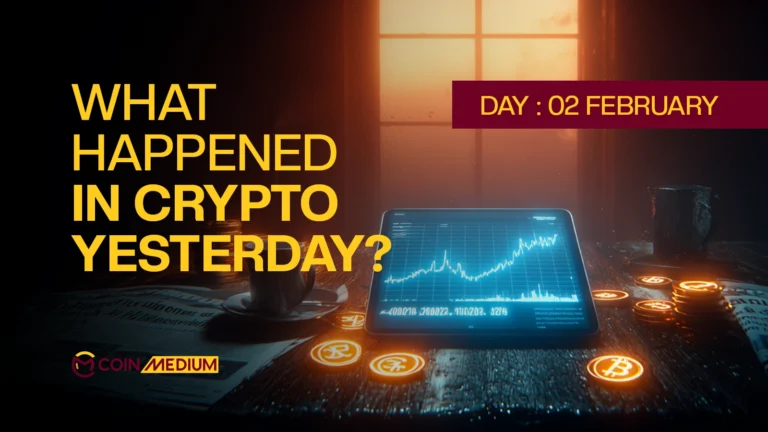- Chivo wallet: A government-run digital wallet launched by El Salvador to help citizens use Bitcoin in everyday transactions.
- Public debt: The total amount of money a government owes to creditors, often measured as a percentage of the country’s GDP (Gross Domestic Product).
- Unrealized gains: Increases in the value of an asset (like Bitcoin) that hasn’t been sold yet, meaning the profit is only on paper for now.
- Bitcoin Office: A dedicated branch within El Salvador’s government focused on managing the country’s Bitcoin investments, operating separately from the official government budget.
El Salvador bought eight more bitcoins on Tuesday, even though the International Monetary Fund (IMF) had again asked the country to stop using government money to buy crypto as part of a $1.4 billion loan agreement.
The purchase was shared by El Salvador’s Bitcoin Office. It happened just after the IMF and the government agreed on the first review of their 40-month loan deal, which focuses on fixing the economy. The IMF said El Salvador has done well by meeting most goals and improving its economic situation.
In addition to the $1.4 billion loan from the IMF, the larger agreement is expected to open the door to another $2 billion in funding from development banks. This support will help El Salvador handle its public debt, which reached 85% of the country’s GDP last year.
The IMF said El Salvador has made good progress with economic changes, budget improvements, and keeping inflation under control. However, the international lender will continue urging the government to stop purchasing more Bitcoin. It reminded the country that by July, it should reduce government involvement in the state-run Chivo wallet.
The Latin country had previously agreed to scale back government involvement in crypto, but its Bitcoin Office has continued to regularly buy bitcoin. As a result, the country now owns nearly 6,200 bitcoins, valued at over $674 million, according to Arkham Intelligence.
This has led to a quiet standoff between the IMF and President Nayib Bukele’s government. Especially after President Bukele, has laughed off the idea that the country will stop its Bitcoin strategy.
Although the government officially stopped direct Bitcoin purchases to follow the loan terms, the Bitcoin Office works outside the official government budget. Because of this legal difference, the office can keep making small daily purchases without breaking any of the loan conditions.
A winning Strategy
Last week, Bukele announced on his social media that El Salvador’s bitcoin portfolio has seen a sharp rise from its original investment of $287.1 million to now over $644.4 million.
The Spanish-speaking country became the first county to adopt Bitcoin into their financial system in 2021. With the cryptocurrency surging, the country’s holdings have also seen exponential growth of 124.4%, with $69.8 million in unrealized gains recorded so far in 2025.
El Salvador’s bold Bitcoin experiment continues to spark debate. While the country is seeing strong financial returns, questions remain about how this strategy fits with international agreements and long-term economic plans. As the July deadline from the IMF approaches, the world will be watching to see whether El Salvador adjusts its approach or keeps doubling down on its crypto vision.







